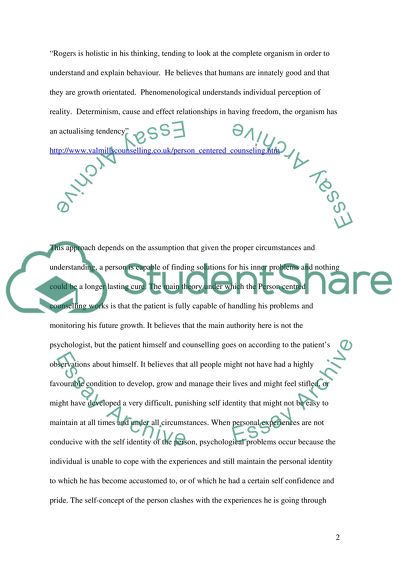Cite this document
(To Be a Therapist Personal Statement Example | Topics and Well Written Essays - 2250 words, n.d.)
To Be a Therapist Personal Statement Example | Topics and Well Written Essays - 2250 words. Retrieved from https://studentshare.org/education/1519212-counselling-essay
To Be a Therapist Personal Statement Example | Topics and Well Written Essays - 2250 words. Retrieved from https://studentshare.org/education/1519212-counselling-essay
(To Be a Therapist Personal Statement Example | Topics and Well Written Essays - 2250 Words)
To Be a Therapist Personal Statement Example | Topics and Well Written Essays - 2250 Words. https://studentshare.org/education/1519212-counselling-essay.
To Be a Therapist Personal Statement Example | Topics and Well Written Essays - 2250 Words. https://studentshare.org/education/1519212-counselling-essay.
“To Be a Therapist Personal Statement Example | Topics and Well Written Essays - 2250 Words”, n.d. https://studentshare.org/education/1519212-counselling-essay.


